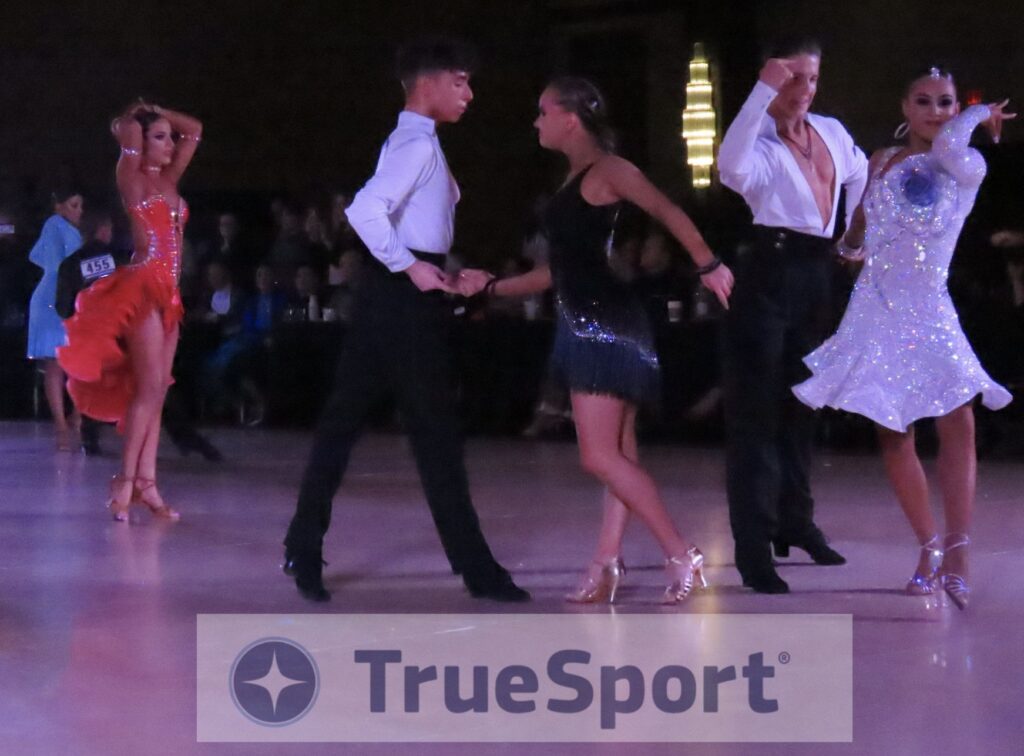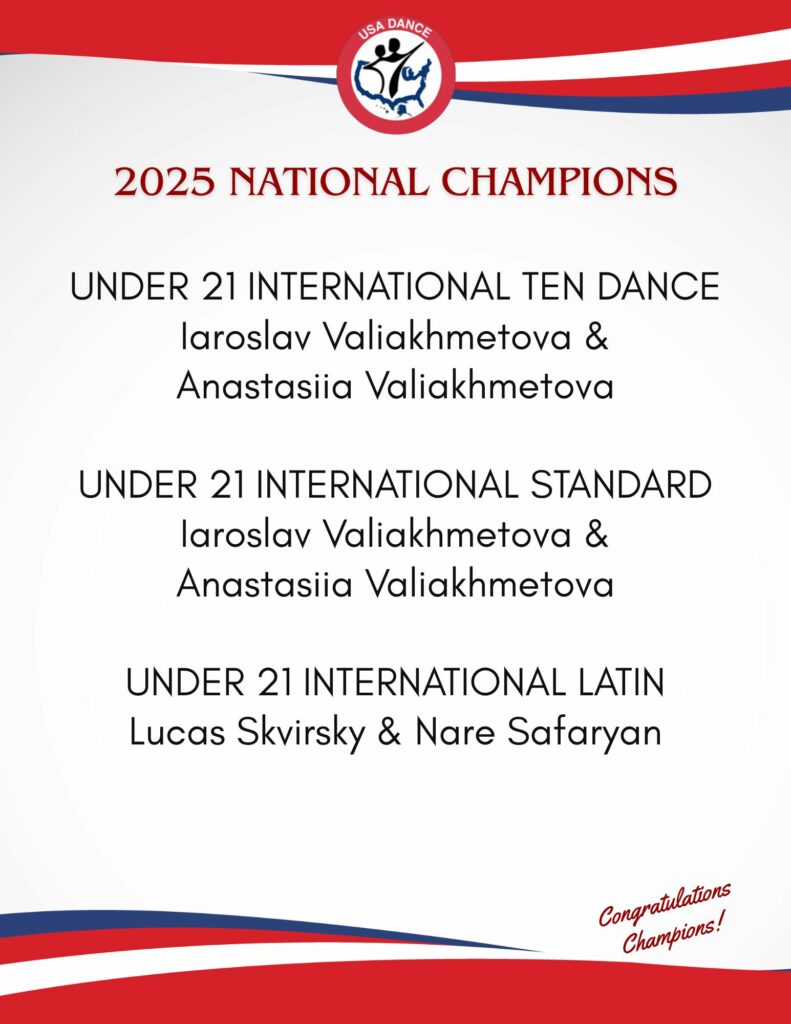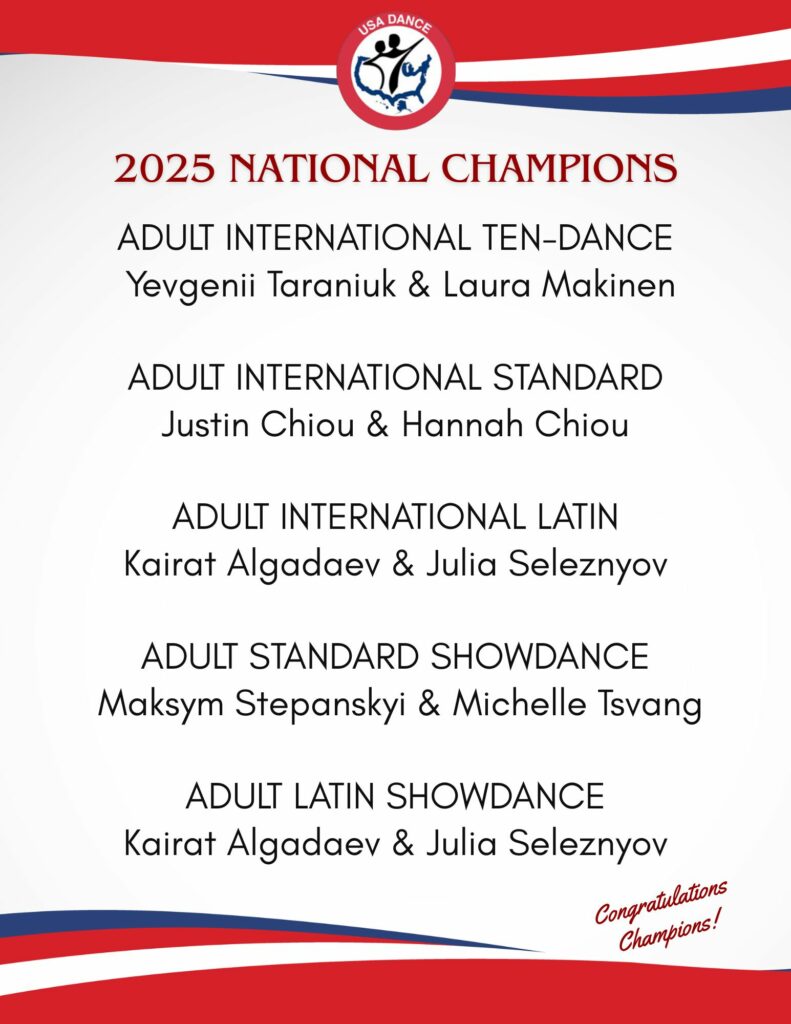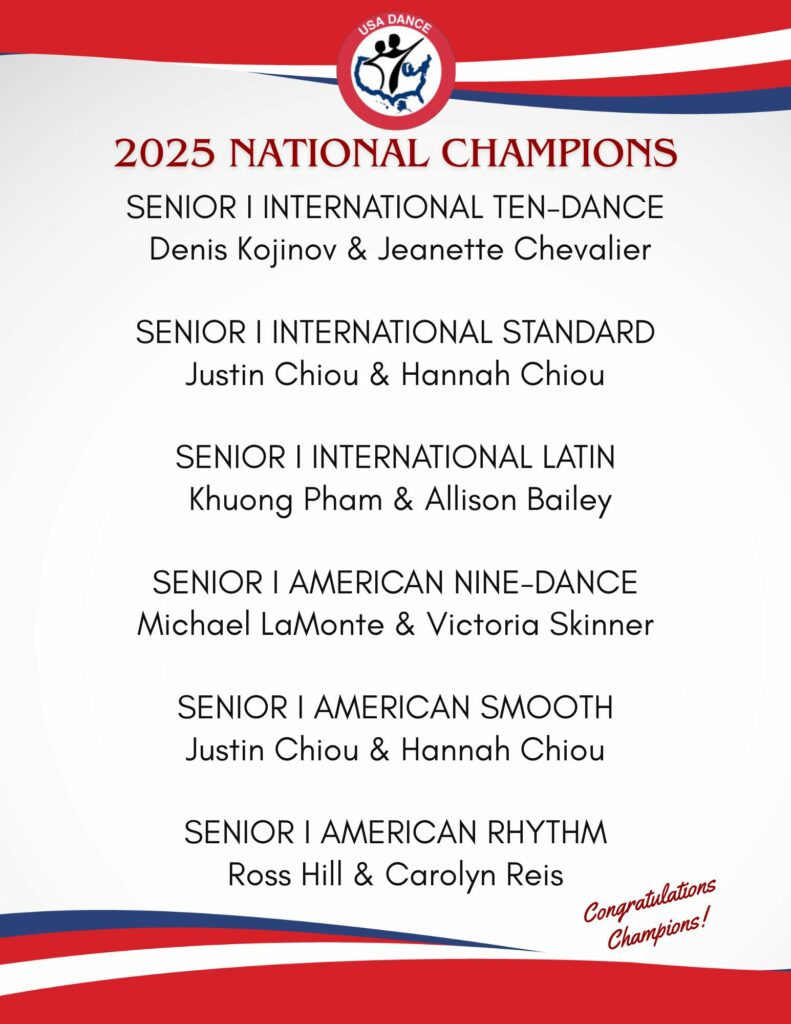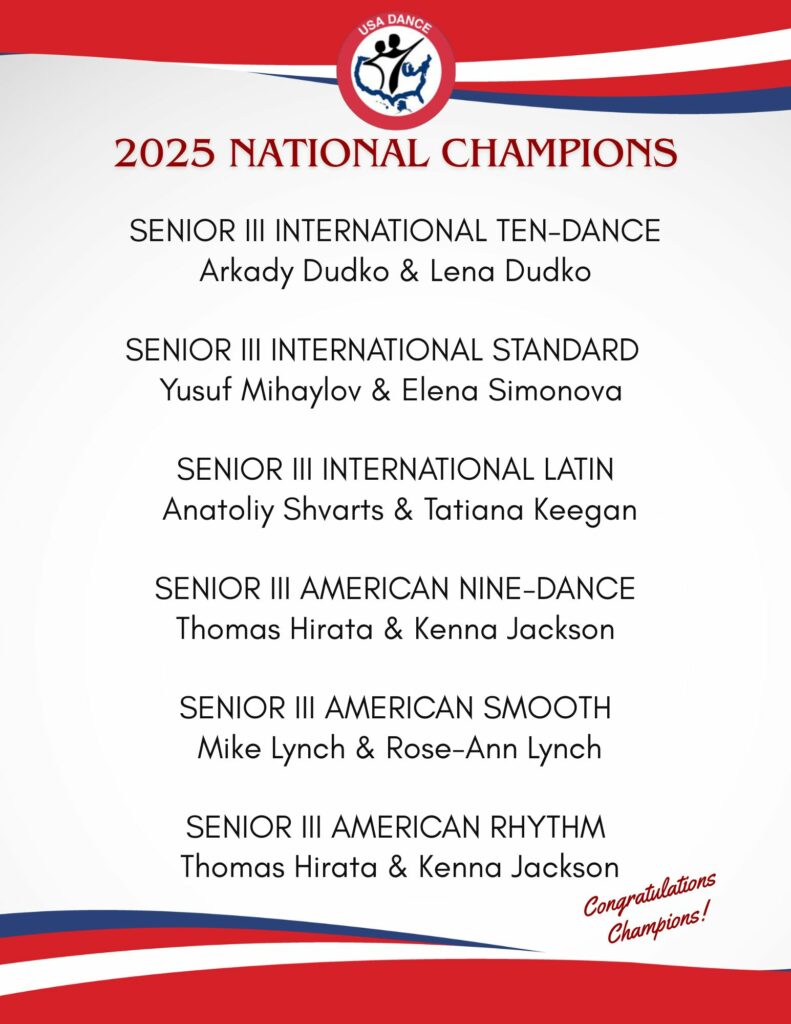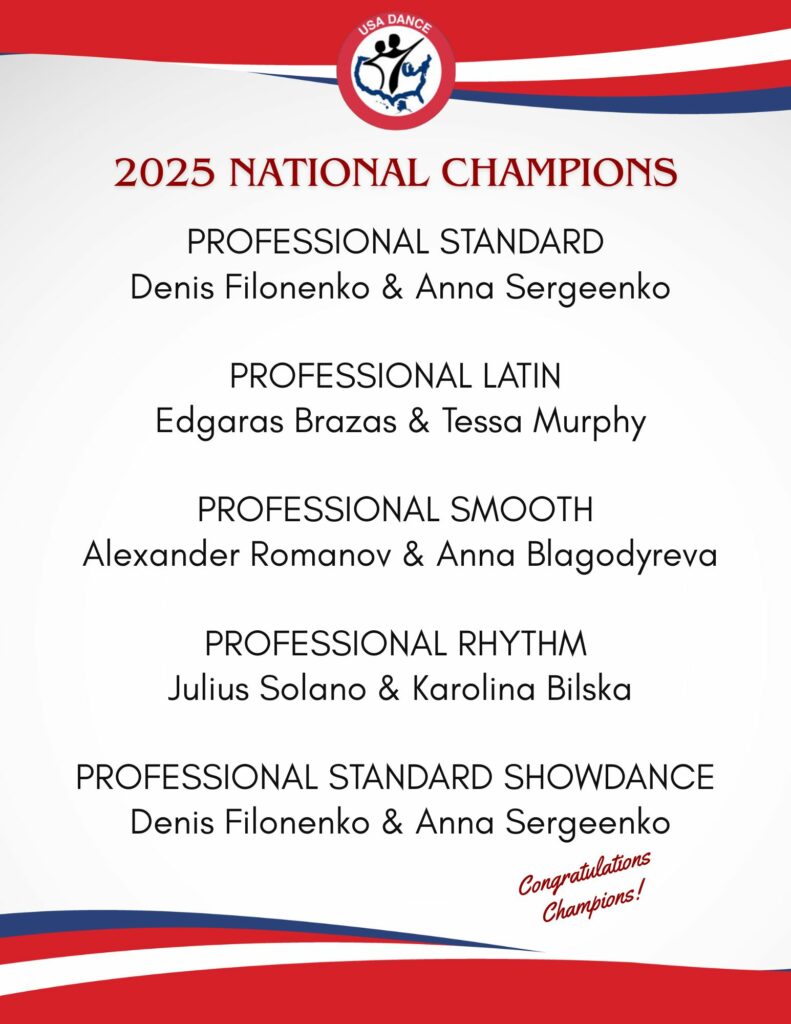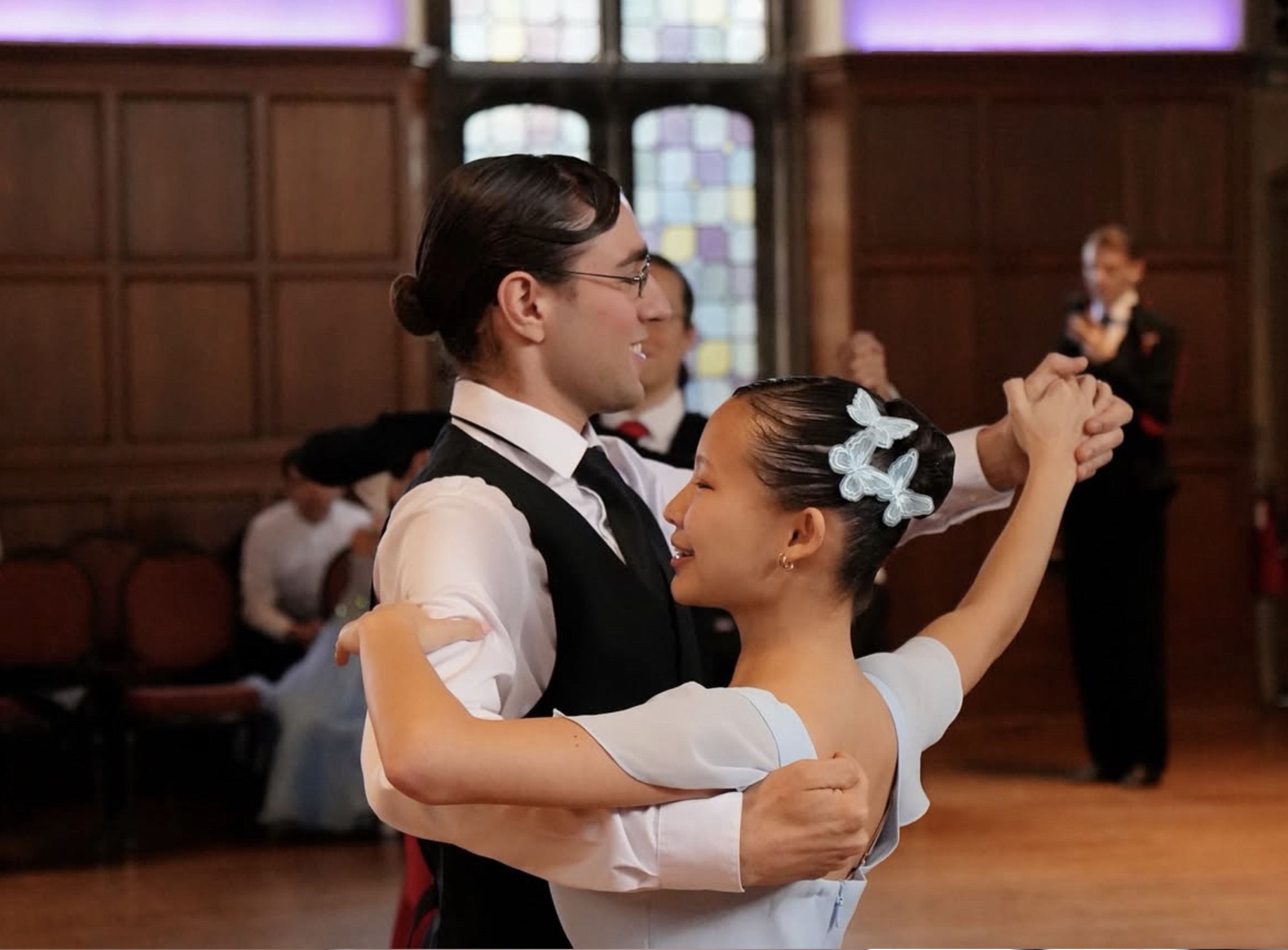Cross-culture communication is exactly what it sounds like: Being able to communicate in an honest, productive, healthy way with all the athletes on your team, regardless of their cultural, ethnic, or racial background, as well as gender, sexuality, or religion. Showing that you’re open and respectful of everyone’s backgrounds and beliefs can take some work on your part, but it can be extremely rewarding and can create a stronger team as a result.
Here, TrueSport Expert Nadia Kyba, MSW, President of Now What Facilitation, explains exactly how you as a coach can take simple steps to improve your cross-culture communication skills—and improve your team as a result.
“If you’re a coach who is a heterosexual white man, you likely have a different set of beliefs, values, and worldviews than a Black athlete or gay athlete on your team,” Kyba says. Better communication begins with education. You can start by understanding what equity (versus equality) looks like on your team, dependent on things like economic backgrounds, religious practices, and cultural norms.
“If you have a worldview where you’re just seeing things through your perspective and not engaging in other perspectives on the same topics, it can be hard to connect with people who are doing things differently,” Kyba says. That means you need to be asking questions, listening to your athletes, and paying attention when differences of opinion arise.
As a coach, it may be tempting to stick to your current communication style and rules. But if you educate yourself and make your team a more culturally inclusive place to be, you may be surprised at the number of new players you bring to the squad. “You may realize that your team has broader appeal when you’re willing to be more open, and that will make your team stronger and more successful as a result,” Kyba says.
There are a few simple starting points you can use to normalize cultural differences in sport.
Offer many uniform options
Some athletes may have religious or cultural requirements for uniforms. You can normalize this by offering a wide range of uniform choices early in the season. Including options like a hijab in team colors, different head coverings that allow for different types of hair, and different lengths of shorts / sleeves on shirts allow athletes to choose what makes them feel comfortable.
For example, Kyba notes that on a volleyball team, the short shorts that are standard for athletes to wear may make some students opt out of playing because they’re so uncomfortable in that clothing. Offering a longer option may keep more athletes playing!
This is a great way to show athletes before the season even starts that you’re an open team. Even if you aren’t sure any athlete on the team will need a hijab or a different length of shorts, having them listed as an option shows that your team is welcoming to all.
Start with a land acknowledgement
At your first practice, Kyba suggests reading a land acknowledgement. As Native Land explains, this is a way to “insert an awareness of Indigenous presence and land rights in everyday life.” Information about your particular area can be found using the Native Land app or website, as well as information about how to present your findings.
Doing this not only respects Indigenous communities, Kyba notes that it shows willingness on your part to be open to cross-culture conversations. “By doing a territory acknowledgment, you’re setting the tone for the season,” she adds. “You’re showing that you want this team to be open to everyone and respectful of everyone’s cultures.”
Check your pronoun usage
Avoid using terms like “you guys” when addressing a group or using gender-specific pronouns when you’re addressing individuals, unless you’ve been informed of their pronouns. Say ‘hey everyone,’ rather than ‘hey guys’ when addressing the team. And ’they’ is now an acceptable option versus using ‘he’ or ’she’ when talking about an individual athlete. If someone asks where Billy is during practice, you can say, “They went to the locker room” without being grammatically incorrect.
Do your own research
If you know that athletes on your team are of the Muslim or Jewish faith, you can read articles about their traditions and their practices to gain a deeper understanding and respect for their needs. For instance, a Jewish athlete may abstain from practice or competition and not respond to any email or phone communications from Friday evening through Saturday night while observing the Sabbath.
Institute an open-door policy
Make sure athletes know they can talk to you if they have any problems or special requests. This might, for example, allow an athlete who has a specific cultural or religious dietary need to talk to you before going away for a weekend-long competition. And it creates space for an athlete to let you know that they’re uncomfortable sharing a room with another athlete at the same competition. It also makes it easy for an athlete who may be in a different economic tier than their teammates to tell you that they can’t afford to participate in that event without assistance. If athletes don’t think you’re open to hearing from them, you’re likely to end up with a much smaller team!
These small steps take some effort on your part, but they can make a big impact on your athletes and change the dynamics of the team for the better.
Takeaway
As a coach, there are simple things you can do to improve cross-culture communication within your team. Doing this not only shows respect for the different players, but it can also make your team more appealing to a diverse group of athletes, which can lead to a stronger team overall. Small changes like adding a land acknowledgement before practice, creating different uniform options, and simply letting athletes know that you are open to making change can make a big difference.
 About TrueSport
About TrueSport
TrueSport®, a movement powered by the experience and values of the U.S. Anti-Doping Agency, champions the positive values and life lessons learned through youth sport. Backed by U.S. Congressional mandate, TrueSport inspires athletes, coaches, parents, and administrators to change the culture of youth sport through active engagement and thoughtful curriculum based on cornerstone lessons of sportsmanship, character-building, and clean and healthy performance, while also creating leaders across communities through sport.
For more expert-driven articles and materials, visit TrueSport’s comprehensive collection of resources.
This content was reproduced in partnership with TrueSport. Any content copied or reproduced without TrueSport and the U.S. Anti-Doping Agency’s express written permission would be in violation of our copyright, and subject to legal recourse. To learn more or request permission to reproduce content, click here.

